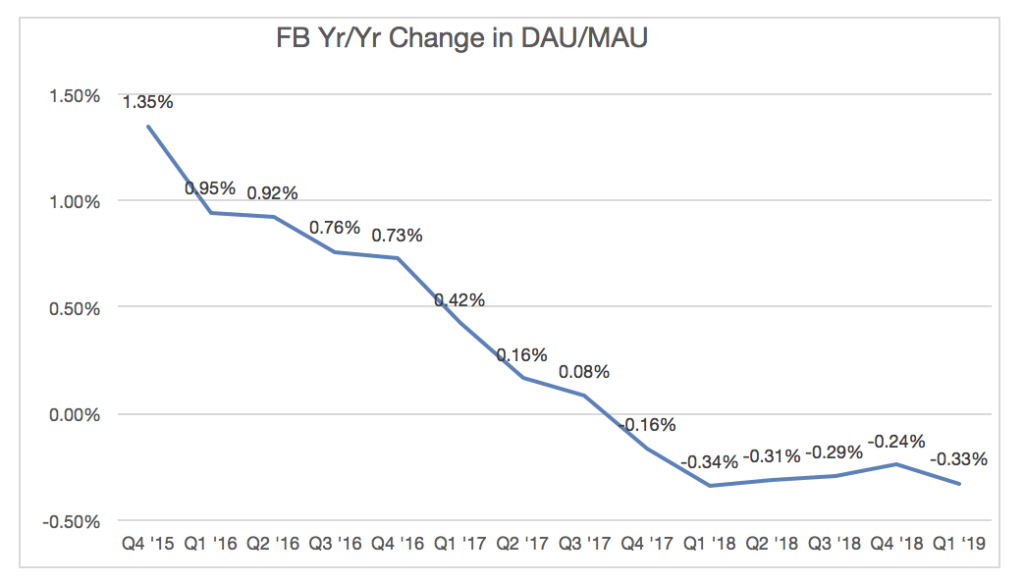
Whether Facebook survives as a social media platform may eventually hinge on a metric that has not been widely reported – which is ironic given what has recently been reported is hardly good news.
On April 24, 2019, Facebook, Inc. estimated that it would incur a loss in the range of $3.0 billion to $5.0 billion as a result of privacy violations investigated by the Federal Trade Commission – which does not even take into account other pending privacy investigations including a report released on April 25, 2019 by Canadian privacy regulators. Also, paying the FTC up to $5 billion will not save the company from the onslaught savvy class action lawyers will unleash the day after the FTC settles.
Almost comically, on April 29, 2019, Facebook, Inc. announced what it likely thought was a successful PR coup, namely the funding of privacy research shepherded by two partner organizations, Social Science One and the Social Science Research Council. Not surprisingly, there was no mention that Facebook would be provided specific recommendations from these organizations let alone have such recommendations eventually adopted by the company.
Facebook’s privacy regulatory threats are not limited to those found in North America – Germany is attacking the core of Facebook, Inc.’s advertising business model and there are several potentially ruinous GDPR complaints that were filed against it the day that privacy regime became effective. As previously stated with regards GDPR: “Facebook will soon be in uncharted and unpredictable privacy waters where disclaimers and popup consent forms may not easily tread.”
A different sort of threat to Facebook can be found in the decentralized Internet currently being built by start-ups such as Blockstack– which recently filed a SEC Reg A+ offering for $50 million by way of a subsidiary. Blockstack looks to leapfrog centralized platforms such as Facebook by building tools for a “decentralized computing network and app ecosystem” that includes decentralized storage allowing for porting of app data across social media platforms as well as self-sovereign user IDs that would allow for single user identities and passwords across every online application.
More than likely, however, the most damaging threat to Facebook in the near term is the platform’s continued drop in customer engagement. As recognized by Lou Kerner: “On April 24th, 2019, Facebook reported Q1 ’19 earning, and once again, Wall street applauded, sending the shares up 8%, adding another $45 billion in value. While some saw triumph, and others saw further reason to break Facebook up, all I saw was continued decline in the only metric that matters, engagement.”
Kerner’s graphic on the steady decline of daily and monthly active Facebook users is ominous:

Notwithstanding its many privacy transgressions and current regulatory/litigation challenges as well as the future advent of a decentralized Internet, what likely will be the most direct cause of Facebook’s downfall as a platform stems from the simple fact users have been steadily moving away from using it.
Apparently, users have taken the advice of WhatsApp co-founder Brian Acton and have chosen to “delete Facebook.” Even though Facebook, Inc.’s present cash reserve and its other popular applications would likely allow the company to continue as a viable entity for many years even without its eponymous platform, those present users who spend hours each day on Facebook – and have no desire to ever abandon it, might just not be enough to sustain the Facebook platform in the long term.
Simply put, with shrinking levels of engagement the Facebook platform may eventually go from a MySpace to Vine.